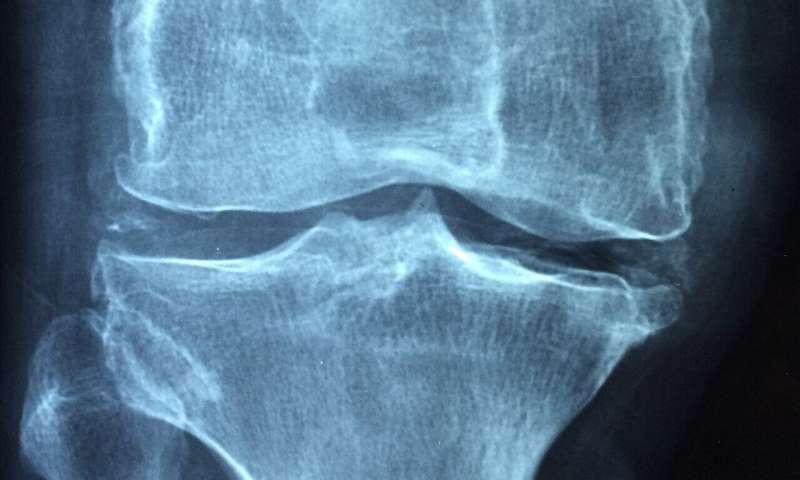
Half of all women over age 50 will break a bone due to osteoporosis at some point during the rest of their lives.
Even though several drugs that can prevent fractures are approved for the treatment of osteoporosis, their use is mostly limited to women over 60 who have already suffered a fracture or whose bones are so severely weakened that they are at extremely high risk of having a fracture.
“There is an urgent need for a low-cost drug that can be used to prevent the bone loss that ultimately leads to osteoporosis and fractures. In other words, we need to act earlier in the bone loss cascade, before a bone is so severely weakened that it breaks easily,” says Elizabeth Shane, MD, professor of medicine at Columbia University Vagelos College of Physicians and Surgeons. “Osteoporosis is a common and serious disease that is increasing in the United States as our population ages. It is crucial to prevent fractures because they can lead to severe disability and even early death.”
A clinical trial at Columbia will test one such promising drug candidate, a low-cost beta blocker drug called atenolol that is often prescribed to reduce high blood pressure. Shane is a principal investigator of the trial, along with Sundeep Khosla, MD, at Mayo Clinic, and colleagues at UCSF and Maine Medical Center, where the trial is also being conducted.
The choice of atenolol stems from research—led by Gerard Karsenty, MD, PhD, the Paul A. Marks MD Professor and Chair of the Department of Genetics & Development at Columbia University Vagelos College of Physicians and Surgeons—that first revealed a link between bone loss in mice and increased activity in the sympathetic (“fight or flight”) nervous system.
Recently, Khosla led a study in humans showing that a five-month course of atenolol, which dampens activity in the sympathetic nervous system, may also prevent bone loss.
Source: Read Full Article






